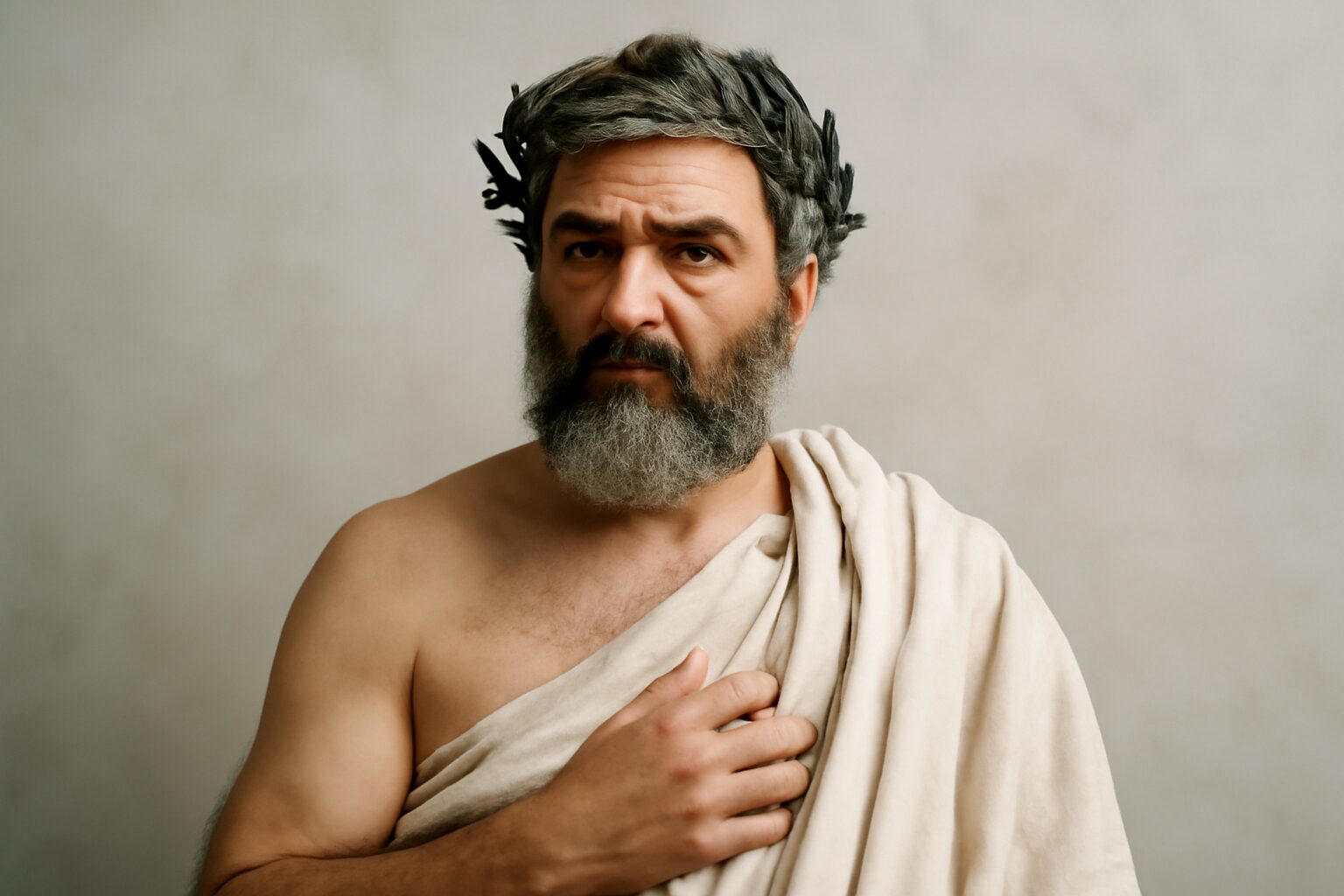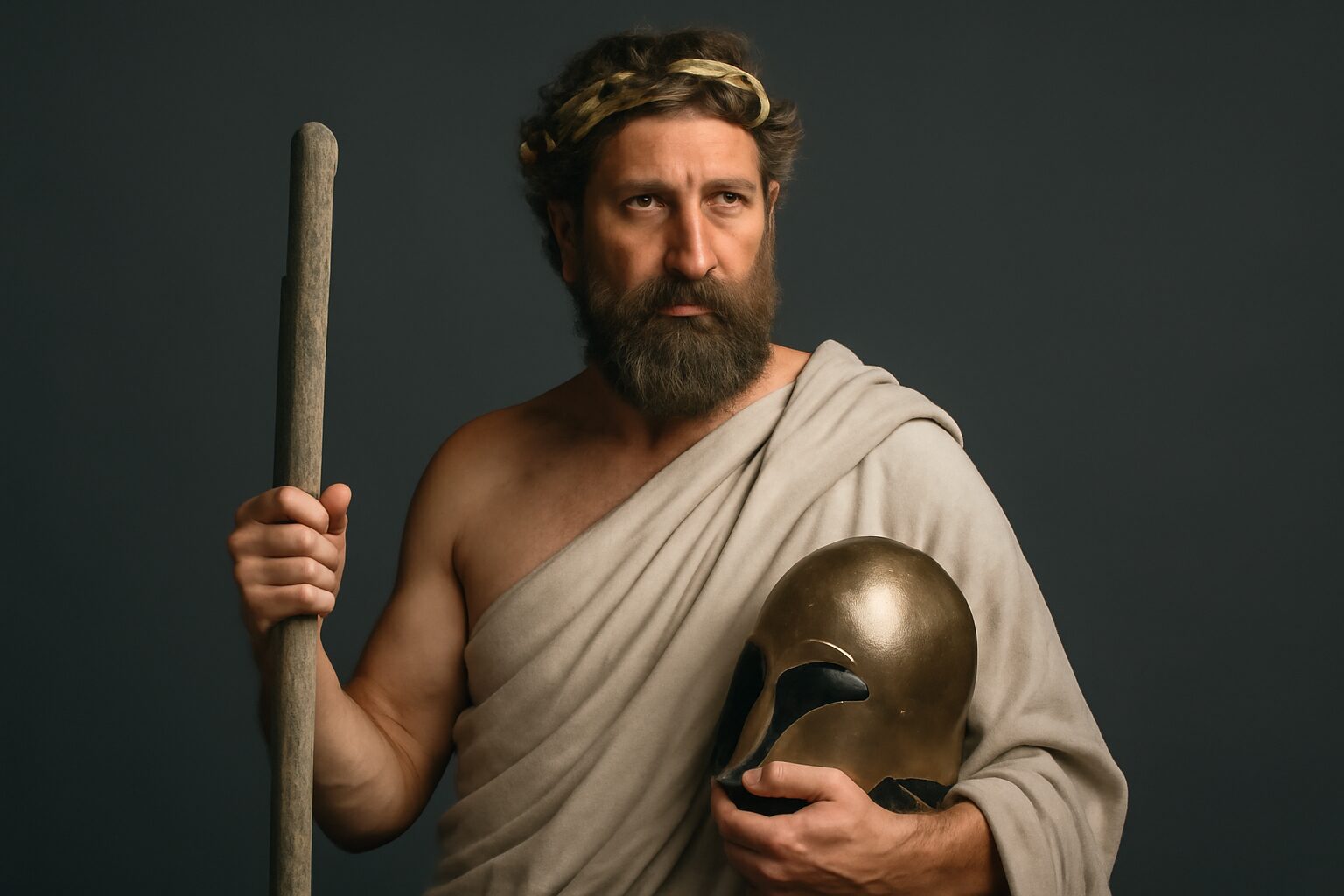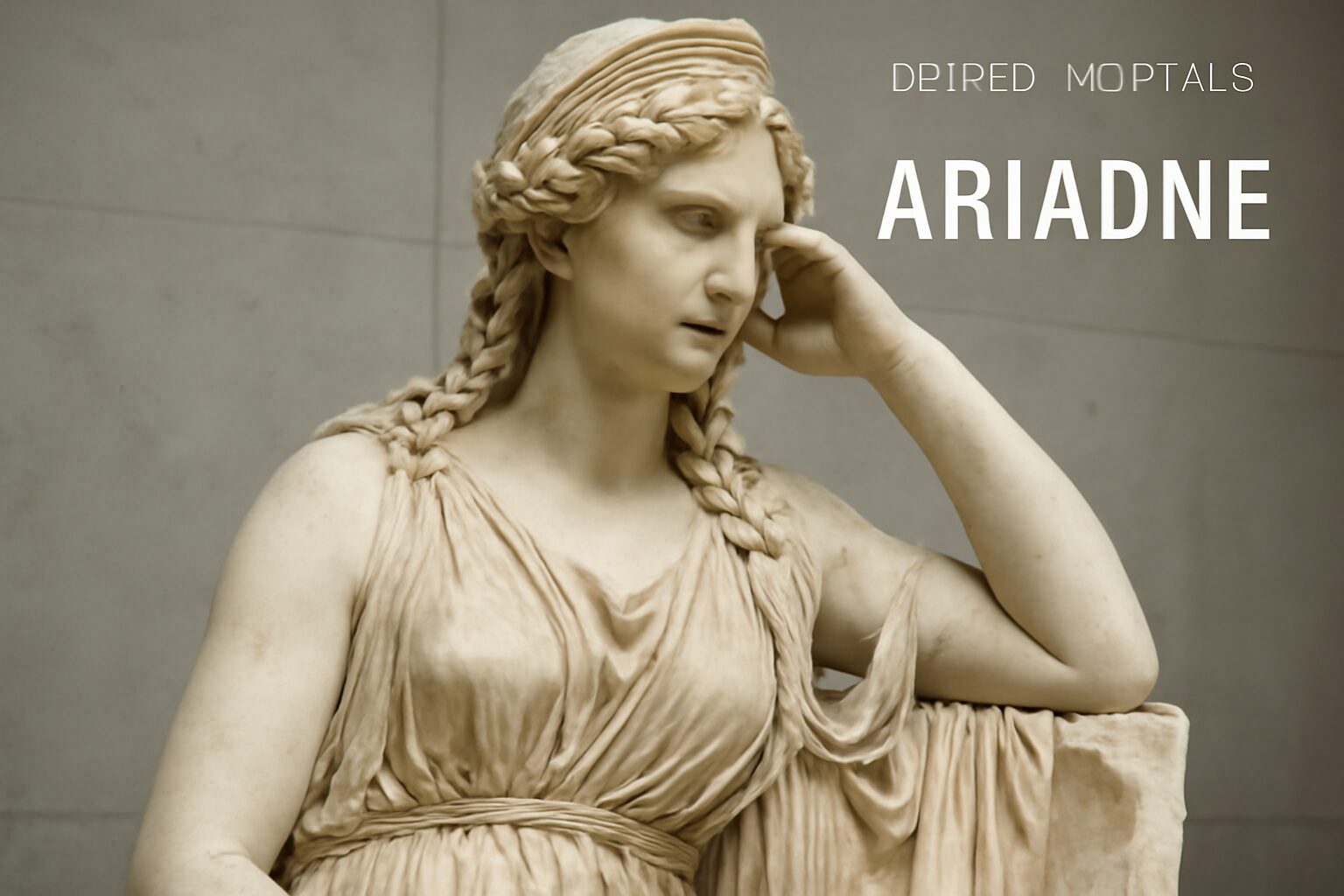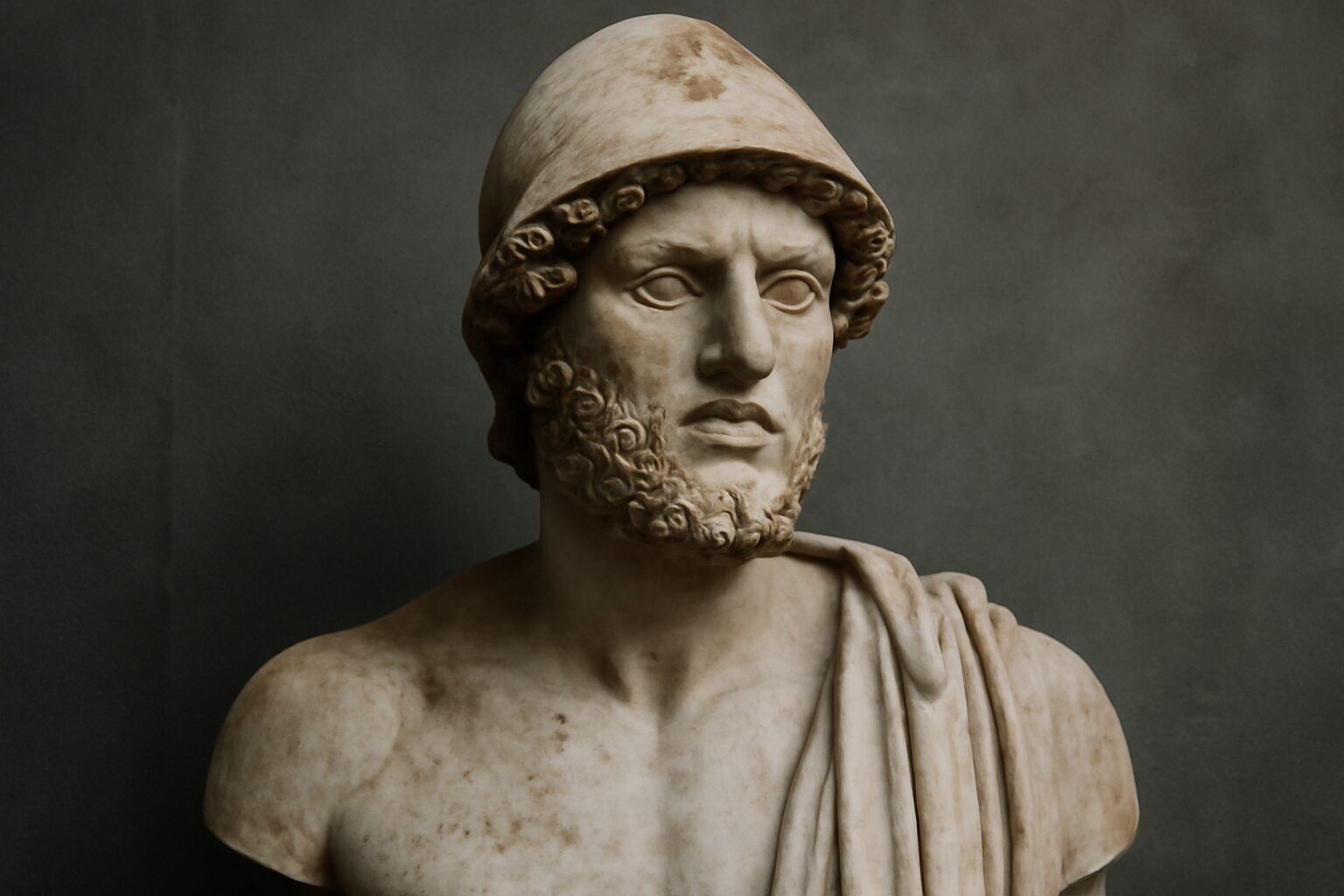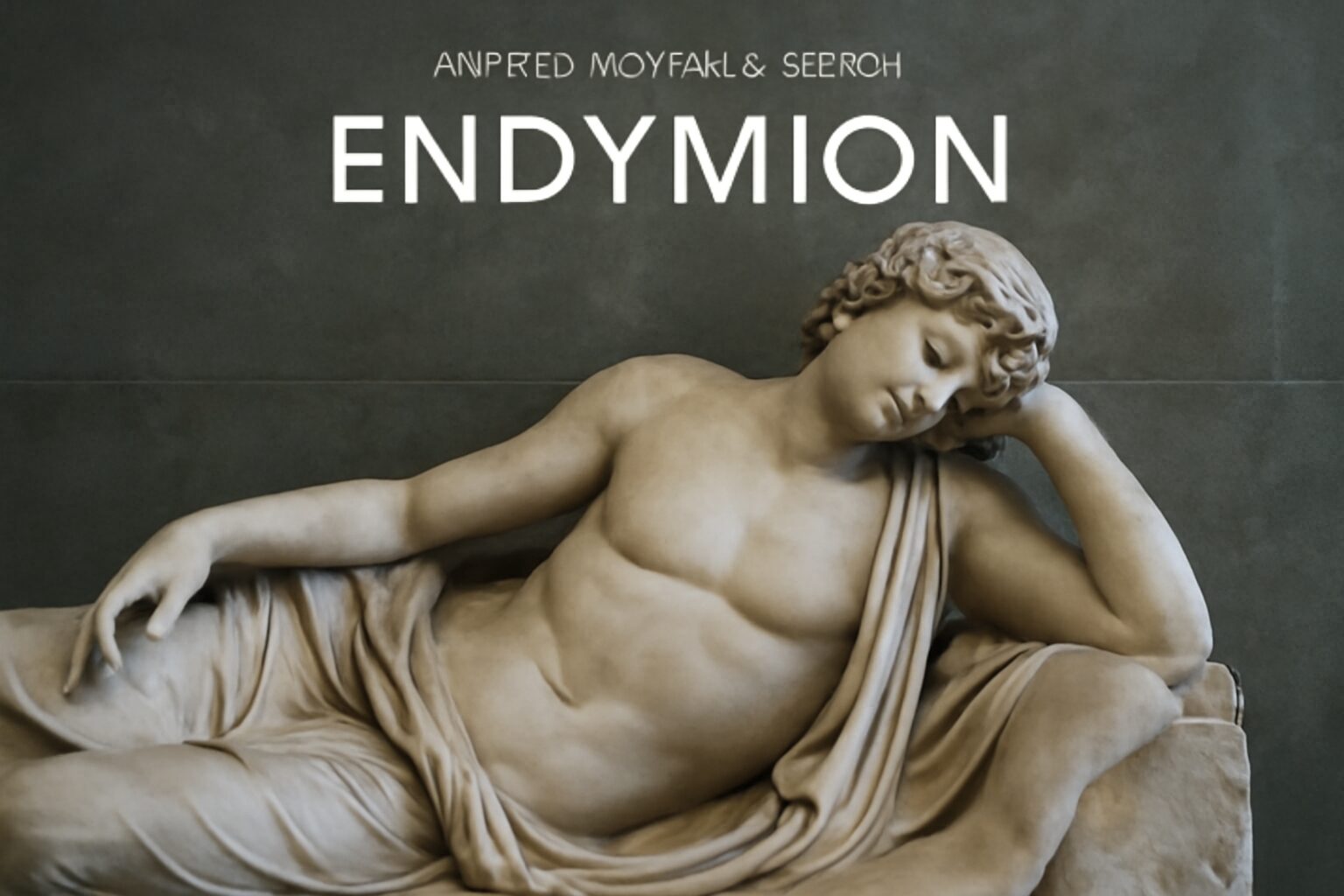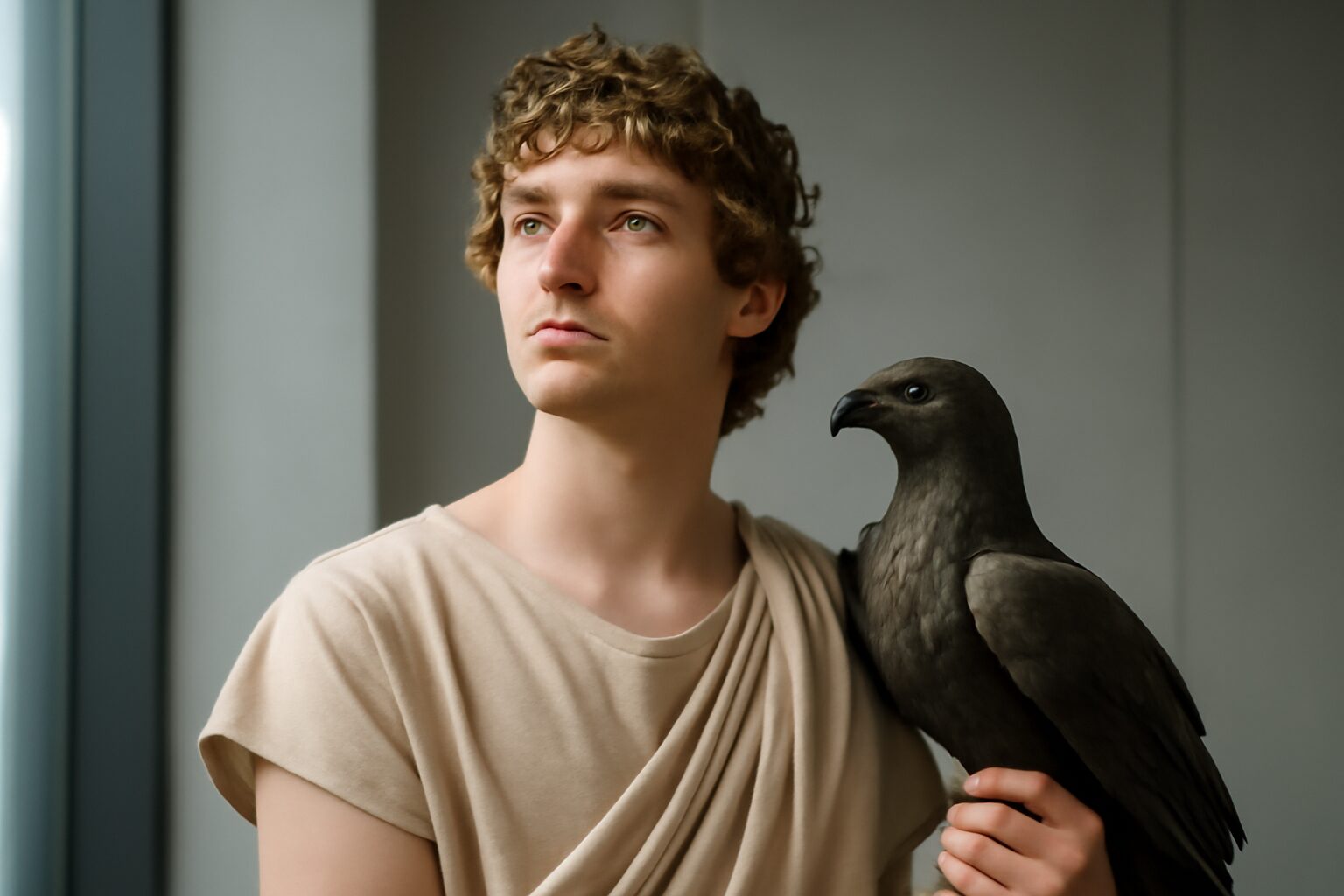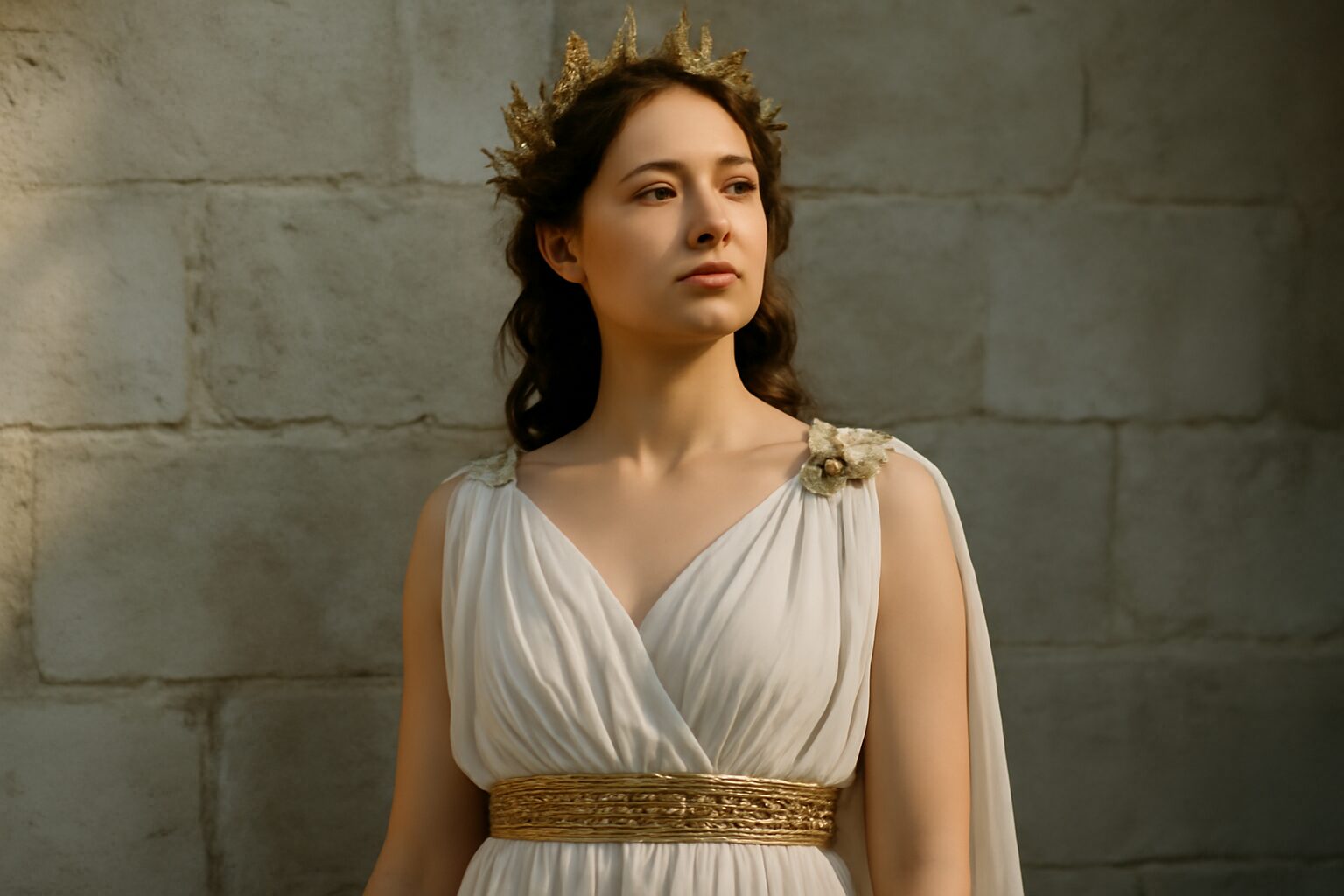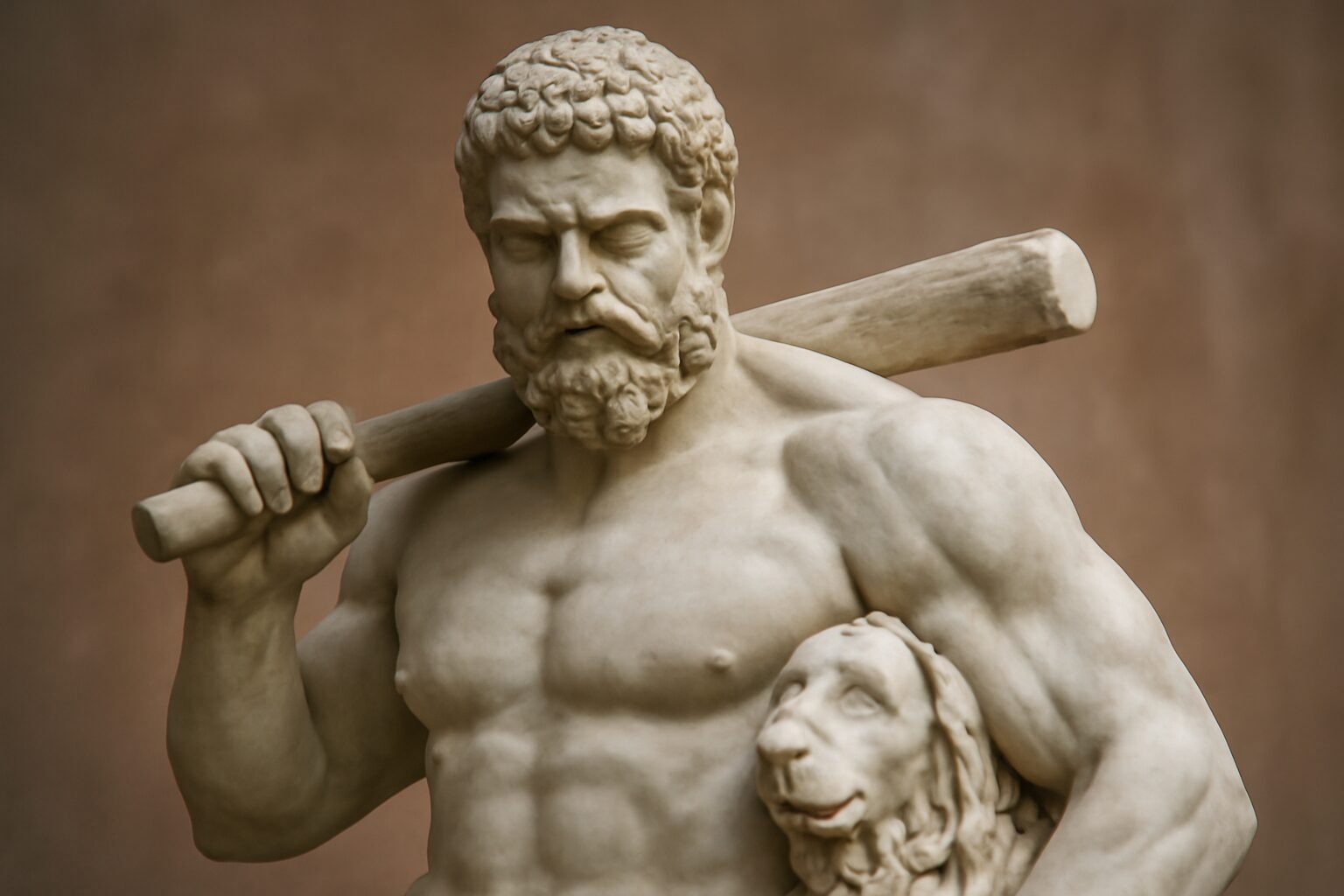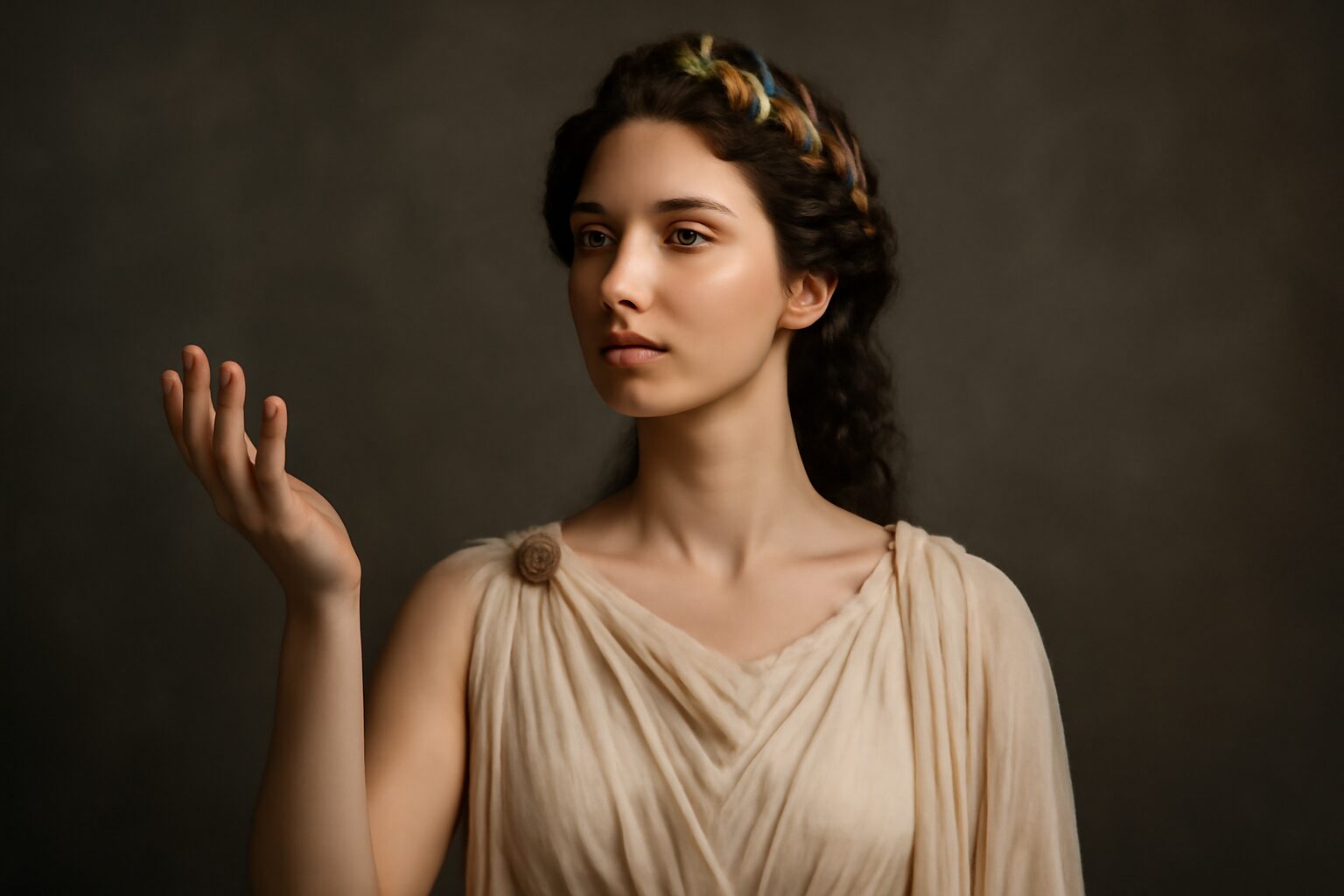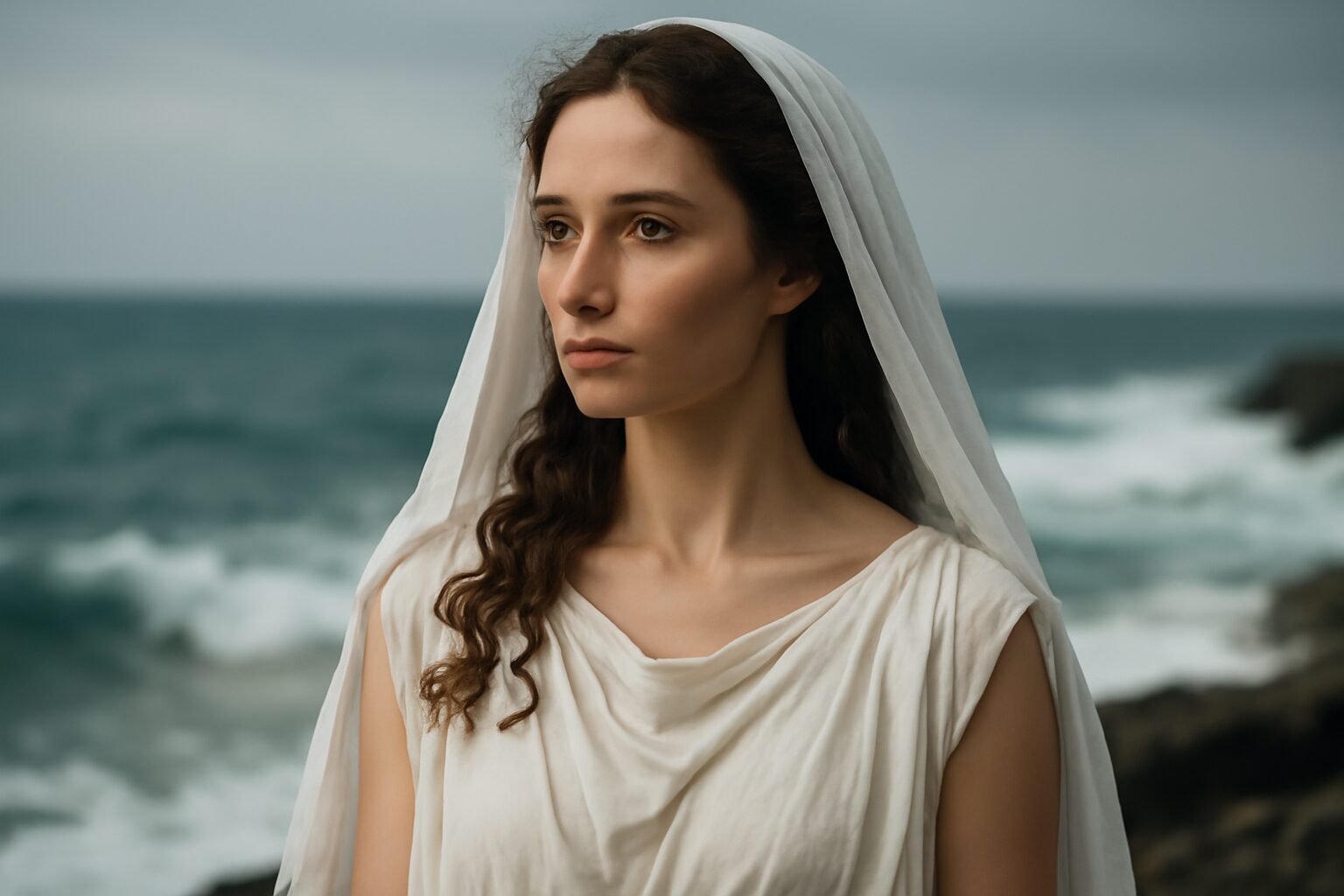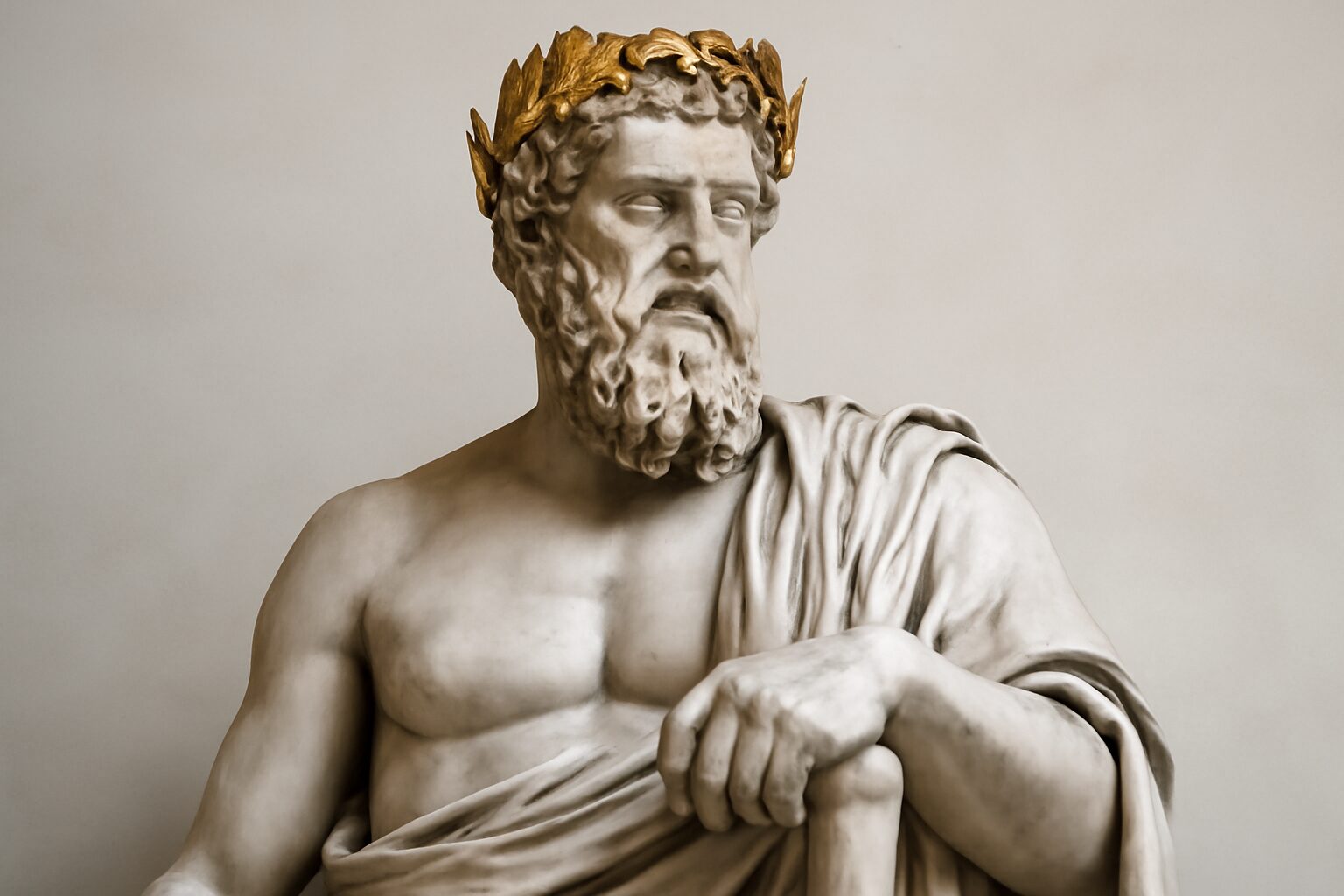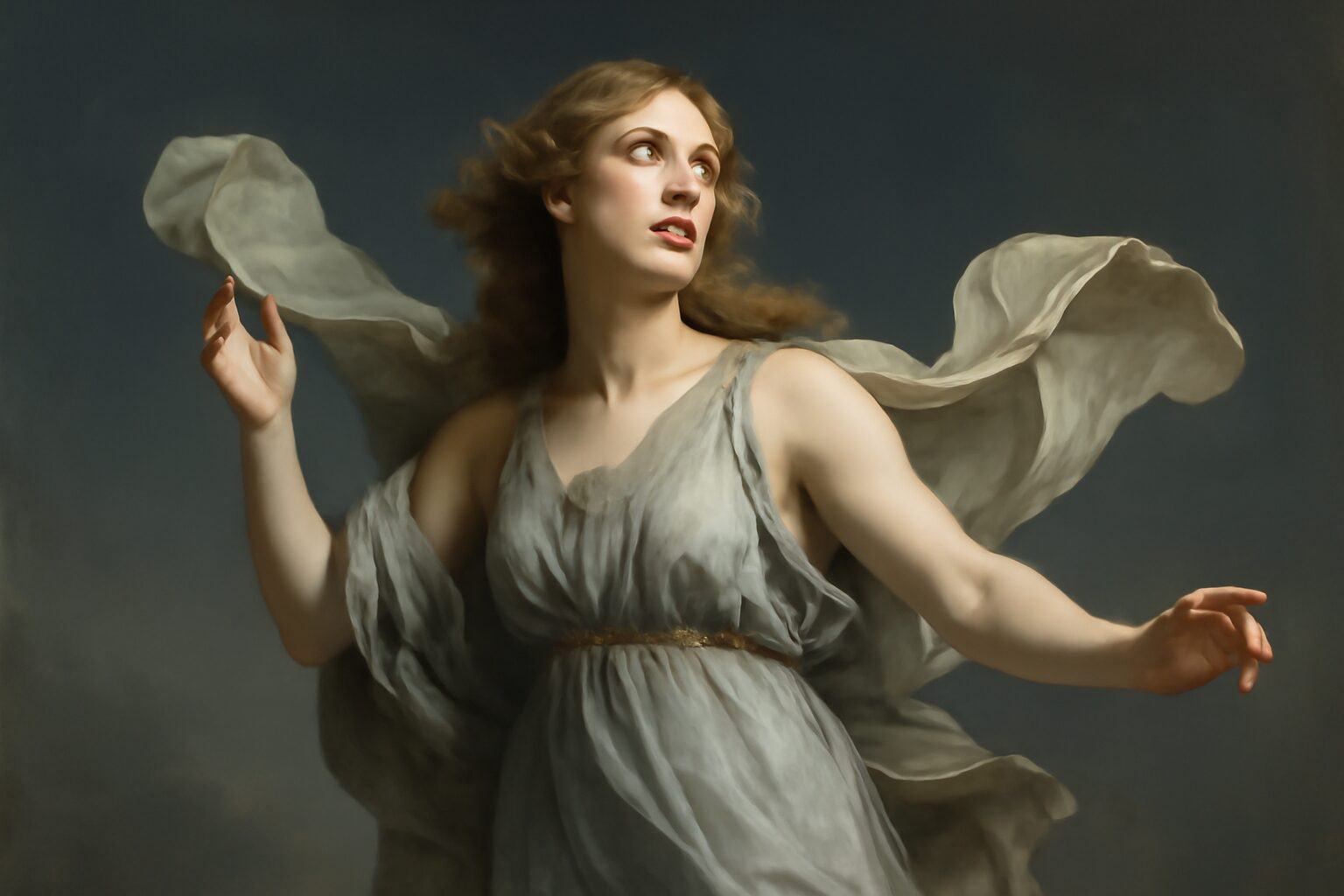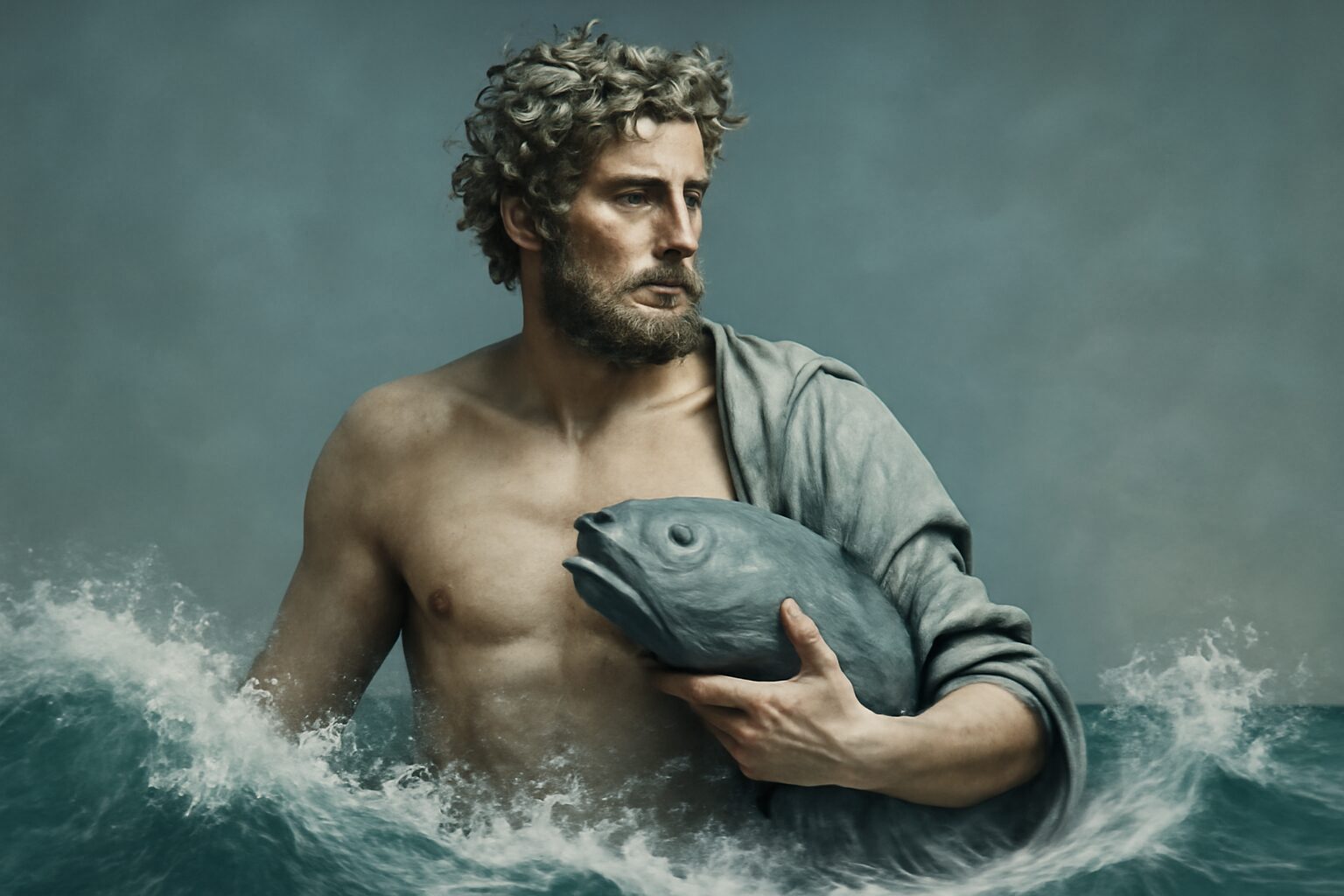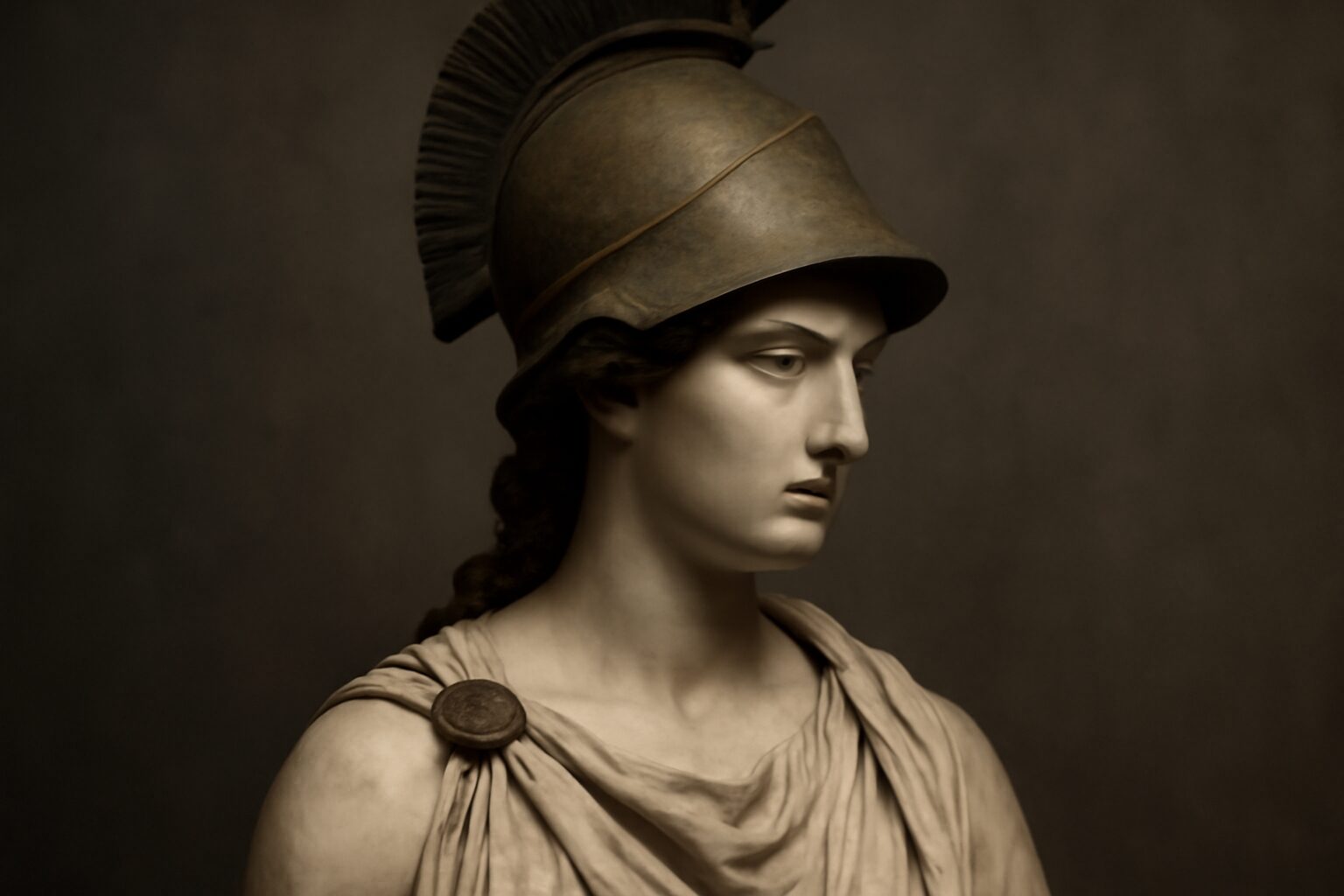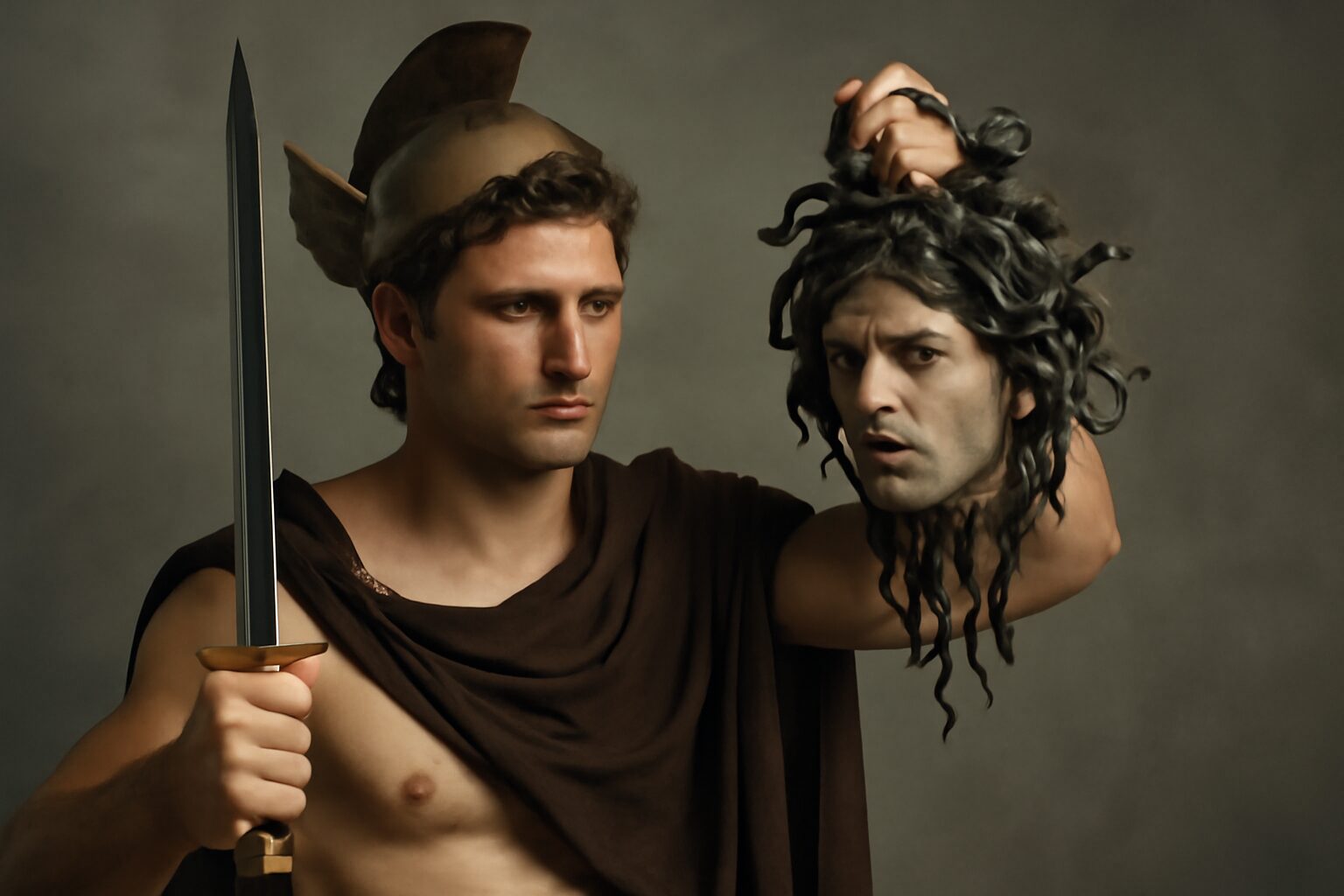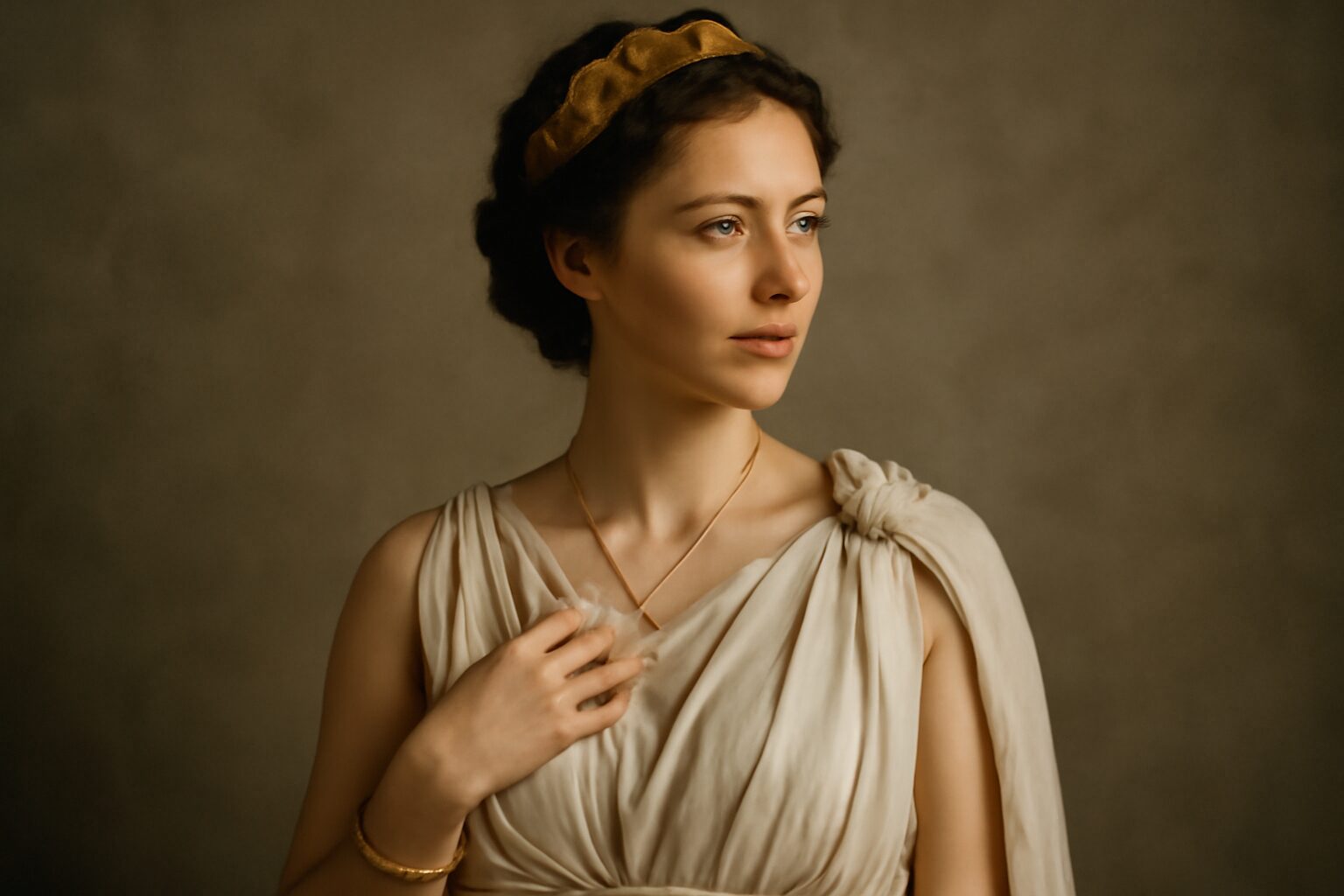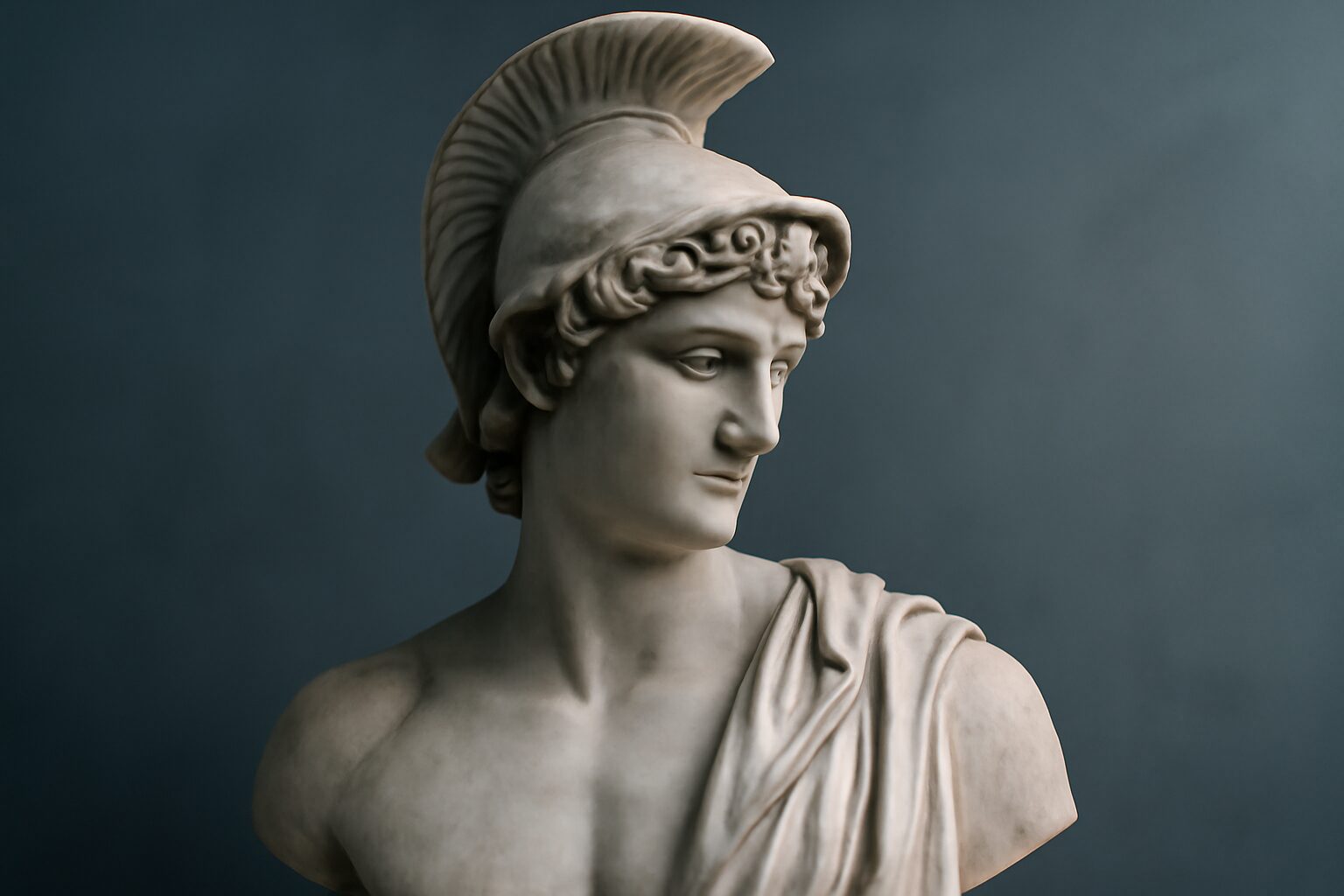Deified Mortals

Some Deified Mortals
Deified Mortals in Greek Mythology
Greek mythology is rich with tales of mortals who, through extraordinary deeds, divine favor, or tragic circumstances, were granted immortality and elevated to godhood. These figures, known as deified mortals, often served as bridges between the human and divine realms, embodying virtues, passions, or fates that resonated deeply with ancient Greek culture.
Notable Deified Mortals and Their Divine Connections
- Heracles (Herakles): Perhaps the most famous of all deified mortals, Heracles was the son of Zeus and a mortal woman, Alcmene. After a life of incredible labors and trials, often orchestrated by Hera's jealousy, he was granted apotheosis—ascension to godhood—upon his death. He married Hebe, goddess of youth, and was welcomed among the Olympians, symbolizing strength, perseverance, and the ultimate reward for heroism.
- Ariadne: Daughter of King Minos of Crete, Ariadne helped Theseus navigate the Labyrinth to slay the Minotaur. Abandoned by Theseus on Naxos, she was discovered by Dionysus, who fell in love with her and made her his immortal wife. As a goddess, she became associated with passion, liberation, and the ecstatic rites of Dionysus, bridging mortal cunning with divine ecstasy.
- Ganymede: A Trojan prince of extraordinary beauty, Ganymede was abducted by Zeus, who transformed into an eagle to carry him to Olympus. There, he became the cupbearer to the gods, replacing Hebe, and was granted eternal youth and immortality. His story highlights themes of divine desire and the blurring of lines between mortal allure and celestial roles.
- Psyche: A mortal princess whose beauty rivaled Aphrodite's, Psyche endured trials set by the jealous goddess to prove her worthiness to marry Eros, Aphrodite's son. After overcoming these challenges, Zeus granted her immortality, and she united with Eros as an equal. Psyche represents the soul's journey toward divine love and eternal bliss.
- Castor (Kastor) and Polydeuces (Pollux): Known collectively as the Dioscuri, these twin brothers were sons of Leda—Castor mortal (fathered by Tyndareus) and Polydeuces immortal (fathered by Zeus). When Castor was killed, Polydeuces begged Zeus to let them share immortality, resulting in them alternating between Olympus and the underworld, or being placed among the stars as the constellation Gemini. They became patrons of sailors and athletes, embodying brotherly devotion.
- Ino (Leucothea): Once a mortal queen, Ino incurred Hera's wrath for raising Dionysus. Driven mad, she leaped into the sea with her son Melicertes and was transformed into the sea goddess Leucothea, while her son became Palaemon. She aided sailors in distress, most notably Odysseus, symbolizing redemption and protection through divine metamorphosis.
Themes and Significance
Deified mortals often highlight key themes in Greek mythology: the reward for heroism (as with Perseus), the power of love to transcend mortality (e.g., Endymion’s eternal sleep granted by Selene), or the consequences of crossing gods (as seen with Minos, who became a judge in the underworld). These stories reinforced cultural values, offering hope for immortality through virtue, favor, or fate, and illustrating the permeable boundary between humanity and divinity in the Greek worldview.
Frequently Asked Questions
What does 'deified mortals' mean in Greek mythology?
In Greek mythology, 'deified mortals' refers to humans who were granted godhood or divine status by the gods, often as a reward for heroic deeds, exceptional skills, or favor from the gods. Examples include Heracles (Hercules) and Asclepius.
Why were some mortals deified in Greek myths?
Mortals were deified to honor their extraordinary achievements, such as heroism, wisdom, or contributions to humanity. The gods sometimes elevated them to immortal status as a reward or to acknowledge their semi-divine heritage (e.g., being offspring of a god and a mortal).
What can we learn from stories of deified mortals?
These stories highlight themes like perseverance, virtue, and the blurry line between humanity and divinity. They also reflect ancient Greek values, showing how exceptional individuals could transcend mortal limits through courage or divine favor.
How does the concept of deified mortals apply today?
The idea resonates in modern culture through superheroes or legendary figures celebrated for their near-mythic accomplishments. It reflects humanity's enduring fascination with elevating exceptional people to symbolic or iconic status.
Who are the most famous deified mortals in Greek mythology?
The most famous include Heracles (for his labors), Asclepius (for healing), and Dionysus (for wine and revelry). Some myths also include Orpheus or Psyche, who gained immortality through their journeys.

